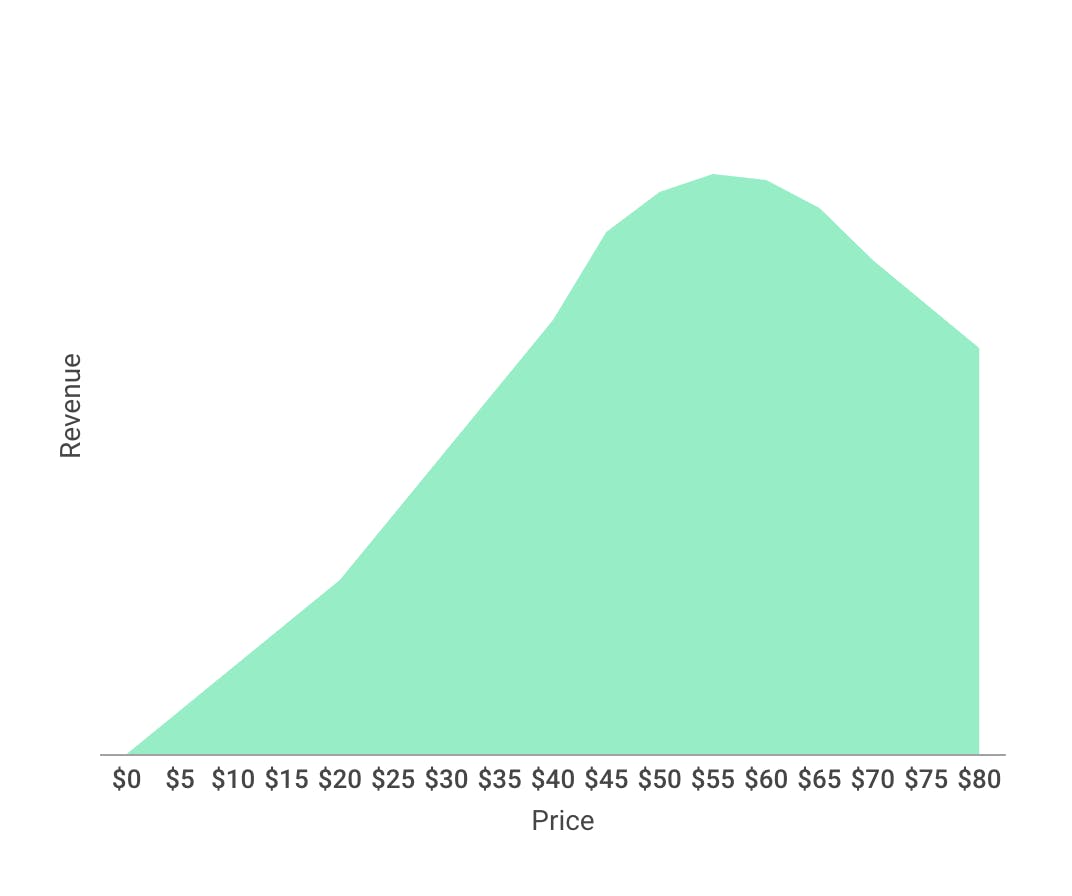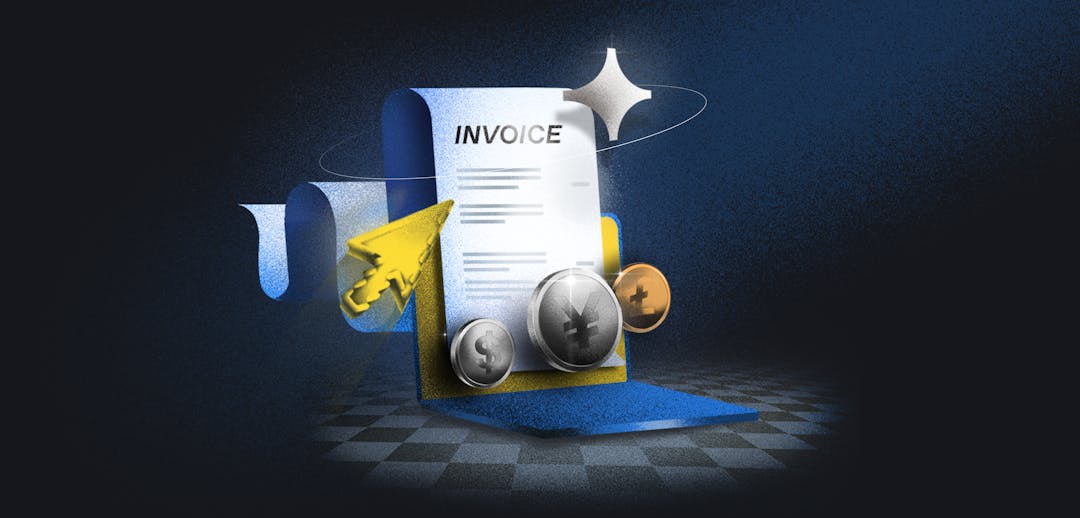Are you preparing for a move to subscriptions? We delve into how Flixel's experimentations with pricing and billing allowed them to scale their subscription strategy and grow lifetime value by 29%.
Flixel are the people behind Cinemagraph Pro, which creates stunning moving photographs. They've won countless honors including Apple's prestigious Design Award and are used by the likes of Facebook, Microsoft and HBO.
We spoke to Mark Pavlidis, Flixel's CTO, about why Flixel started thinking about subscriptions:
"We originally decided to move to subscription because the variation in revenue from month on month was very high. This made it hard to do any kind of advertising to grow the business, without having sustained revenue that's easier to predict. Not all products make sense for a subscription model though. In Flixel's case, it wasn't solely about having a continuous pricing for a continuous usage (like apps that get used every day)."
"For our app, someone might use it once a month - it's not something you use all the time. So getting people to pay a high up-front fee without having ever tried the product was difficult. Dropping the price would not be sustainable for us. A subscription allows people to try it out without much commitment and gives us lots of leeways to introduce different billing frequencies, different types of trials etc. Not all these customers will stay beyond the first month once they've used it. But many will be convinced, or be a 'win-back' customer."
"There's a chunk of our customers that's a win-back: they subscribed when we had monthly pricing, used it for a project for a couple of months, canceled, then come back 6 months later and subscribe again for another project. There are no acquisition costs; they already know the product so that's a great example of the flexibility it allows."
3 factors were key to selecting the right platform to accompany their move to subscriptions:
- Being able to play with pricing and optimize it
- Moving progressively to subscription, whilst offering several billing models in parallel
- Offering a great buyer experience
Because their provider at the time couldn't deliver on these 3 factors, Mark started the move to a subscription model using Paddle.
Determining the right pricing
Early on in Flixel's journey, they made the mistake of reducing the price.
"We made a few early mistakes. We started with a high price point, won the Apple Design Award and thought that we could convert a lot more customers by dropping our price. Which got us some revenue for 2 weeks, then nothing. And still haunts us today, as you can still find pages listing our app for $15 - which really devalues our product. Over time we've increased our price consistently, which has been the single biggest driver to revenue, better than any marketing activity."
Mark has a scientific approach to pricing, which he was able to follow thanks to the flexibility of our platform:
"In our case, the elasticity of demand is critical. We make it really easy for anyone to create a cinemagraph in seconds rather than hours or days, so it's easy for customers whose time is money to see the value and therefore be ready to pay. But they don't know exactly how much they're willing to pay. So we experiment."
Mark knows that if you start lowering the price, you may earn more, at least in the short term but there's a floor ($0). By increasing little by little and testing the impact on conversion rate and revenue generation, you can find the optimal price, the local maximum on the price optimization curve - which could look like the example below.
Pricing optimization curve

It's important to be able to track the impact of a price change and A/B test different prices. Once you've found a good price point, the more advanced technique consists in optimizing for different geographies, customer segments, or acquisition channels - something a platform like Paddle can help do by tracking the impact of each price point and allowing extensive pricing localization options.
Moving progressively to subscriptions
Flixel had many customers that had purchased a perpetual license for the software. Switching to subscription progressively was going to be key to the success of the change in billing model:
"When we introduced subscriptions, we did it side by side with licenses and we left it that way for about two years. I would definitely recommend that approach: it helps reduce the huge cash-flow crunch and it lets customers get all the options."
In practice, Flixel offered both one-off perpetual licenses, annual subscriptions and monthly subscriptions to the customers. They tested the design, layout, marketing copy, price points constantly.
"A subtle change that we did was simply taking it from being side by side to just showing the subscription option and having a button at the bottom and saying "want a license?". The idea is that if some people really want a license, there is still an option for them. Within a short period of time it went from 50-50 to 90-10 in favor of subscriptions. Then most recently in our last major updates we removed the license option completely. You can still get it, if someone really complains we can direct them to the store and they can buy it but we're just putting everybody into the subscription funnel."
This progressive approach has allowed Flixel to avoid losing customers who wouldn't like subscriptions, minimize the cash flow impact of moving to a recurring model and give them plenty of time to test, iterate and refine the right billing model and pricing for their software.
Flixel was able to implement their new model with minimal fuss thanks the ease of use and flexibility offered by our checkout, providing a consistent and streamlined customer experience with minimal implementation.
They could A/B test their pricing and messaging to push customers towards their subscription plan, all whilst keeping traditional licenses open for customers inclined to that. This used the ability of our platform to create any billing model you want (license, monthly subscription, per-seat subscription…), localize pricing and track the revenue generated by each of these variants.
Ultimately Flixel's lifetime value increased by 29%, and 90% of their customers are now on subscription.
If you're interested in talking to one of our billing and pricing experts about either moving to subscription or growing your revenue by optimizing your price points and plans, get in touch.




